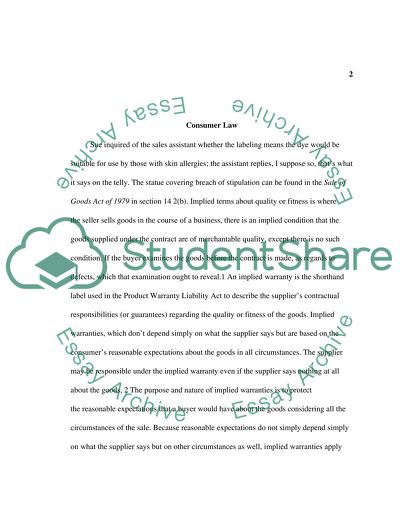Cite this document
(“Consumer Law Case Study Example | Topics and Well Written Essays - 3000 words”, n.d.)
Consumer Law Case Study Example | Topics and Well Written Essays - 3000 words. Retrieved from https://studentshare.org/law/1524317-consumer-law
Consumer Law Case Study Example | Topics and Well Written Essays - 3000 words. Retrieved from https://studentshare.org/law/1524317-consumer-law
(Consumer Law Case Study Example | Topics and Well Written Essays - 3000 Words)
Consumer Law Case Study Example | Topics and Well Written Essays - 3000 Words. https://studentshare.org/law/1524317-consumer-law.
Consumer Law Case Study Example | Topics and Well Written Essays - 3000 Words. https://studentshare.org/law/1524317-consumer-law.
“Consumer Law Case Study Example | Topics and Well Written Essays - 3000 Words”, n.d. https://studentshare.org/law/1524317-consumer-law.


